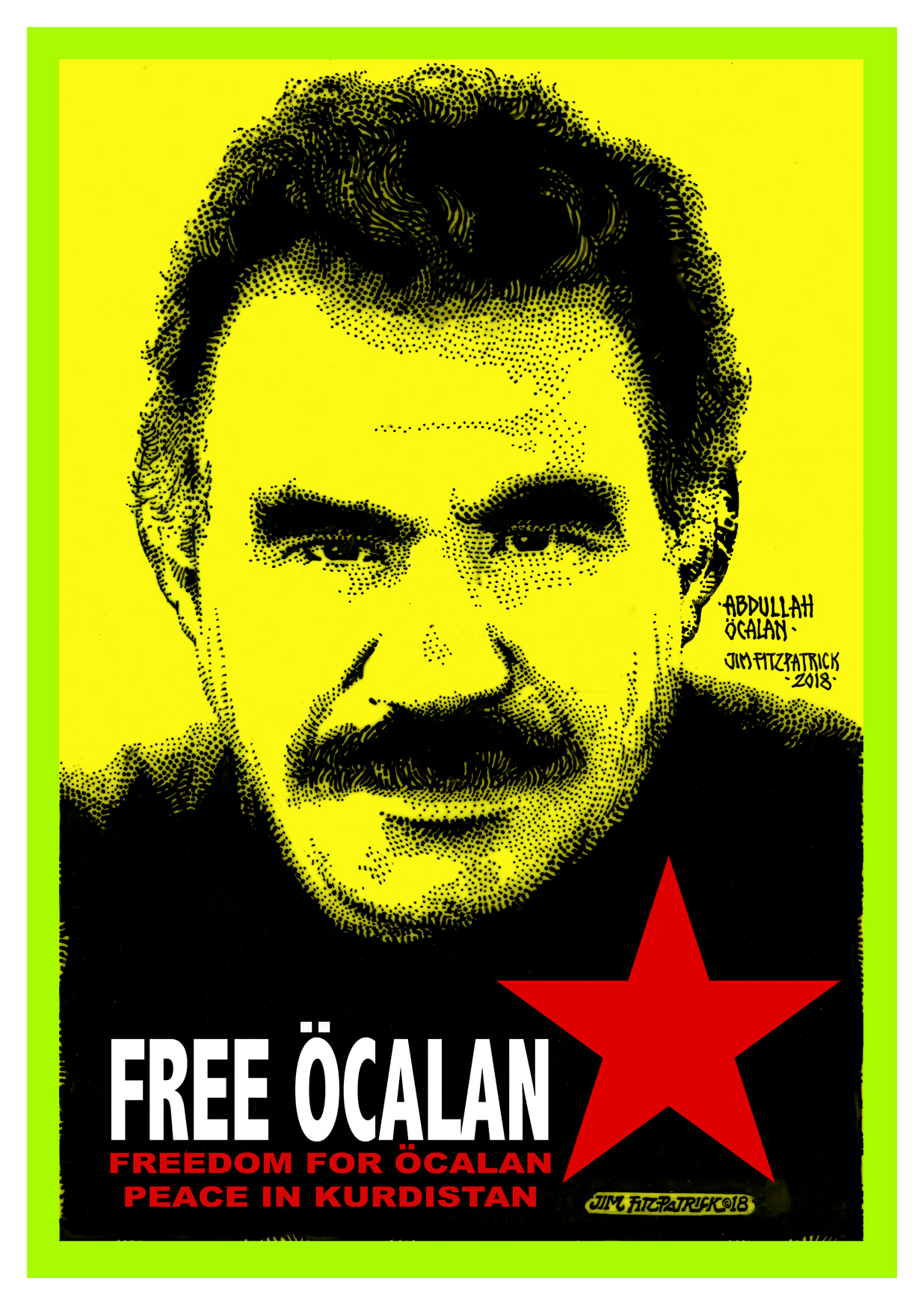«Adam Schaff: from Semantics to Political Semiotics»: Susan Petrilli and Augusto Ponzio
 1. Adam Schaff, philosopher and semiotician
1. Adam Schaff, philosopher and semiotician
Adam Schaff, a renown Polish and Jewish philosopher, was born on 10 March 1913 in Lwów (part of Austria until 1918, after then it went to Poland) to a lawyer’s family. He died just recently on 12 October 2006 in Warsaw. Of his numerous books, several treat problems of semantics, philosophy of language, logic, theory of knowledge, ideology, and the social sciences. Schaff should be remembered for his important contribution to the problem of understanding and to the critique of misunderstanding in the domains of philosophy of language, semiotics, the social sciences, politics, interpretation of Marxism and actualization of socialism.
He completed his secondary and university studies (in Law and Economics, two diplomas) in Lwów, and then continued at the Ecole des Sciences Politiques et Economiques in Paris. His interest in methodological issues led him to study philosophy (in Poland and in the Soviet Union). In 1941 he took his degree as candidate of philosophy (equivalent to a doctors degree in Western Europe) and his doctors degree (equivalent to a habilitation in Central Europe) from the Institute of Philosophy at the Soviet Academy of Sciences in Moscow.
In fact, during the German occupation of Poland Schaff had emigrated to the Soviet Union.
After liberation he returned to Poland where he taught at various Universities from 1945 onwards (he acted as Assistant Professor of Philosophy in Lódz until 1948 and subsequently as Full Professor at the University of Warsaw). He was elected Member of the Polish Academy of Sciences in 1952 and became Director of the Institute of Philosophy andSociology at the same Academy. In 1969 he shifted to Vienna where he became President of the Board of Directors of the European Center of Comparative Research in Social Sciences [UNESCO], which he headed for 20 years, acting at the same time as Honorary Professor of Philosophy at the University of Vienna.
His social activities during those years were concentrated on his participation in the work of The International Institute of Philosophy, The International Federation of Philosophical Associations (in both as a member of their Executive Committees) and The Club of Rome (he was member of the Executive Committee until 1990).
From 1931 until its dissolution in 1989 he was member of the Polish Communist Party (then transformed into the United Workers Party); from 1955 until 1968 he was a member of its Central Committee.
During his lifetime Schaff published about 20 books and pamphlets, as well as about 300 articles in philosophy and sociology. Many of these books were translated into several foreign languages.
Adam Schaff received an honorary degree from the University of Ann Arbor, USA, [1967]; the Sorbonne (Paris, 1975) and the University of Nancy (France, 1982).
He became Member of the Polish Academy of Sciences, of the Bulgarian Academy of Sciences (1952) and of the Royal Spanish Academy of Political and Moral Sciences (Madrid, 1987).
As a philosopher Adam Schaff specialized in epistemology, logic and philosophy of language. His main works in this domain are: Concept and Word, 1946; Problems of the Marxist Theory of Truth, 1951; Introduction to Semantics, 1961; Language and Cognition, 1964; Essays in the Philosophy of Language, 1967.
According to Schaff, language is both a social product and a genetic phenomenon, and is functional to human praxis. Language is the basis of the “active role” carried out by the human subject in terms both of cognitive processes and practical action. Language is not only an instrument for the expression of meaning, but also the material which forms meaning without which meaning cannot exist. Consequently, Schaff criticizes the reductive innatist and biologistic interpretation of language as proposed by linguist Noam Chomsky and biologist Eric H. Lenneberg.
According to Schaff, we must get free of what he calls the ‘fetishism of signs’ echoing Marx’s ‘fetishism of commodities’. Sign fetishim is reflected in the reified conception of the relation among signs and between signifier and signified. Sign relations must be considered as relations among human beings who use and produce signs in specific social conditions.
In Schaff’s opinion, we must recognize the superiority of language theories that stress the active function of language in the cognitive process and the connection between language and Weltanschauung, between language and the “image of reality”, by contrast with naive materialism. The human being is described as the result of social relations, and language as inseparable from social praxis.
In studies of human signs and language, this approach leads to a new way of looking at issues related to signs and language: the problem of the connection between language and knowledge, language and consciousness, language, ideology and stereotypes. Consequently, theory of knowledge appears as a theory in need of support from studies on language. Moreover, the connection between language studies and theory of knowledge contributes to a better understanding of the concepts of “choice”, “responsibility”, “individual freedom”, and of such issues as the “tyranny of words”, “linguistics alienation”, etc., in the field of the humanities
Hommage to Adam Schaff
Organisers: Susan Petrilli and Augusto Ponzio
9th World Congress of IASS/AIS
Communication: Understanding/Misunderstanding
11-17 June 2007, University of Helsinki
and International Semiotics Institute at Imatra


























